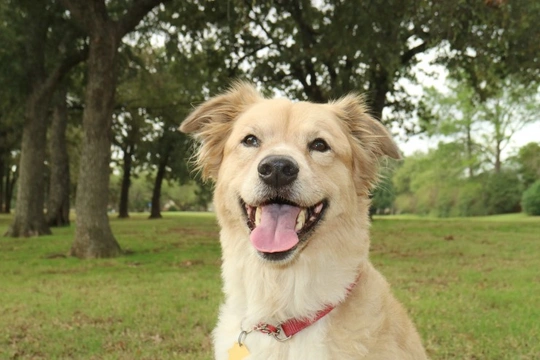
Five things that DNA testing can tell you about your dog
DNA testing is something that we usually associate with paternity debates and trashy TV talk show reveals, but DNA testing, gene sequencing and genetic monitoring can tell us a huge amount about not only ourselves, but our ancestors, origins and much more-and the same is true for your dog.
Many different online services offer DNA testing for dogs in the UK at around the £100 mark, usually designed to tell you what mixture of breeds are in your dog if you are not sure, or if you are simply interested to find out. These tests are simple to use, and just involve using a swab kit that will be sent to you in the post to take a sample of the cells inside of your dog’s cheek. Then, this is sent away to the lab and analysed, and they will return the results to you at home within a couple of weeks.
However, DNA testing for dogs has a great many different applications, and finding out about some of the others can help you to better understand your dog, their health and many other different elements.
In this article, we will introduce you to five things that DNA testing can be used for when it comes to dogs, and what it can tell you about your canine companion. Read on to learn more.
Finding out about your dog’s ancestry or breed mixture
One of the most popular reasons for dog owners to have their DNA tested is simple interest in the breed makeup and background or their mixed breed dog, or dog of unknown breeding. Knowing what combination of breeds make up your dog can help to explain some of their core traits, behaviours and instincts, and give you a better insight into how they think and behave.
It can also be really interesting to be able to find out where some of your dog’s physical traits come from, such as if they have a spitz tail, double dew claws or any other recognisable feature that indicates a small collection of potential breeds.
To trace serial dog waste offenders
It is the law in the UK that dog owners must pick up after their dogs and dispose of their waste safely and appropriately, and most dog owners do this without thinking. However, in most areas such as dog parks or popular walking areas, there tends to be a couple of serial offenders who never pick up after their dogs, and even if you see this happen, there may not be much you can do.
If you report people who simply don’t pick up after their dogs, the police or local council should look into this, and they can actually use a stool sample from the offending pile to identify the dog that it came from!
This DNA testing protocol is generally only used as proof to reinforce a case; multiple dogs are not tested simply in an attempt to find out whodunit!
Genetic fingerprinting/determining parentage
For the owners of unneutered pedigree dogs, mis-mating matches can be problematic. This is something that can occur if a bitch in season comes into contact with an entire male, or may have mated with more than one dog and you wish to find out which male fathered the litter.
This may be important if you need to prove the litter’s pedigree status, or to find out which dog mated with your own.
Identifying hereditary health conditions
One of the most valuable and important reasons for DNA testing of dogs is to identify genetic anomalies that lead to health conditions within certain breeds. Most breeds of pedigree dog have a small number of hereditary health conditions that can be passed on through the breed line, and knowing in advance if any breeding pair’s mating is likely to lead to problems in the litter is a valuable tool.
This helps breeders to make an informed decision about which dogs to breed from, and ultimately, is a valuable part of breeding hereditary health defects out of the gene pool for future health.
Predicting appearance and colour traits
Part of the fun of breeding is the fact that you may not know for sure before the litter is delivered what colour and appearance traits they will have; for instance, if you bred two Labrador retrievers, regardless of their colour their litter may be varied.
Generally this is an accepted part of breeding and the lottery that accompanies it, but if you really want to find out for sure about the colour traits your litter will have or you really want to produce pups of a certain coat colour or type (such as some breeds that can produce both rough and smooth coated pups) then DNA testing can tell you!



